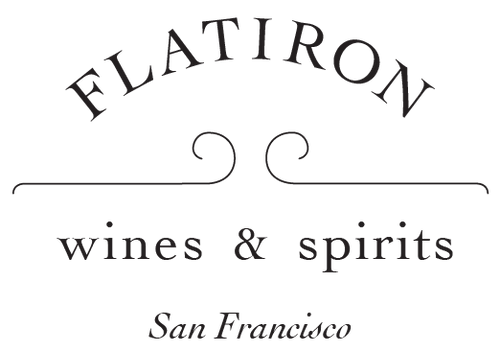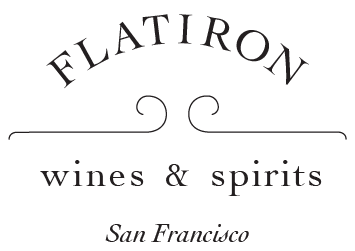Larmandier-Bernier
Do you love low-/zero- dosage Champagne? Larmandier-Bernier’s iconic Terre de Vertus was among the first non-dosé Champagnes produced.
Do you like single parcel Champagne? Larmandier-Bernier was one of the pioneers of parcellaire bottling, making a single-vineyard... Read More
Do you love low-/zero- dosage Champagne? Larmandier-Bernier’s iconic Terre de Vertus was among the first non-dosé Champagnes produced.
Do you like single parcel Champagne? Larmandier-Bernier was one of the pioneers of parcellaire bottling, making a single-vineyard Cramant all the way back in 1988.
Do you care about natural farming? Pierre and Sophie Larmandier began farming organically back in 1992 and were fully biodynamic by 1999.
Looking at the landscape of Champagne today, in all of its dynamic, terroir-obsessed glory, Larmandier-Bernier was at the vanguard of these modern trends, and continues to be a leader in the region. Their wines effortlessly combine power and concentration, incisive mineral cut and undeniable deliciousness. These are essential drinking for lovers of articulate, soulful, terroir-transparent Champagne.
Although the family has roots in the region dating back 8 generations, the contemporary story of Larmandier-Bernier really begins to take shape when Pierre Larmandier took the reins at this family estate in 1988.
A revealing piece of Larmandier-Bernier lore goes like this: during his first vintage in charge, Pierre insisted that the old vines from Cramant be bottled for the domaine’s first single-parcel cuvée. The consulting oenologist working for the family at the time was incensed that Pierre would “sacrifice” what he saw as a crucial component of the estate’s flagship blend for an unproven cuvée.
Undeterred, Pierre and Sophie continued to follow their vision: constantly fine-tuning their farming and cellar work. Pierre pushed back against the long-held belief that Champenois growers should pick primarily based on acidity, knowing that they could always adjust the final wine with a generous amount of dosage. In search of purity, Pierre began to pick for physiological ripeness, believing that fully ripe grapes are the truest translators of terroir and the key to capturing a wine with the power and structure to age.
Today, with sons Arthur and Georges firmly in the fold, Larmandier-Bernier continues to push for even finer quality. Through careful triage during the harvest, natural fermentations and long aging on the full lees in Stockinger oak casks of various sizes, they reveal wines that are open, expressive and pure pleasure to drink.



